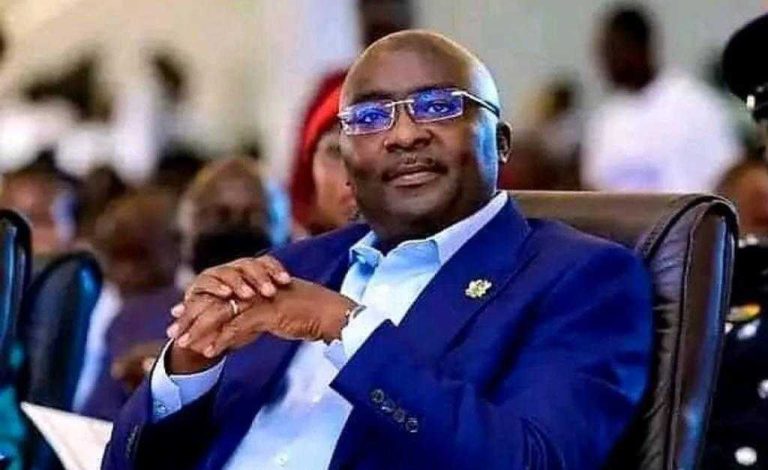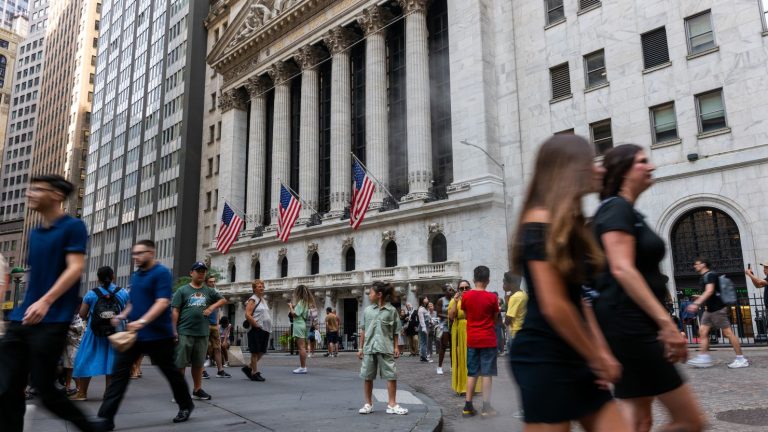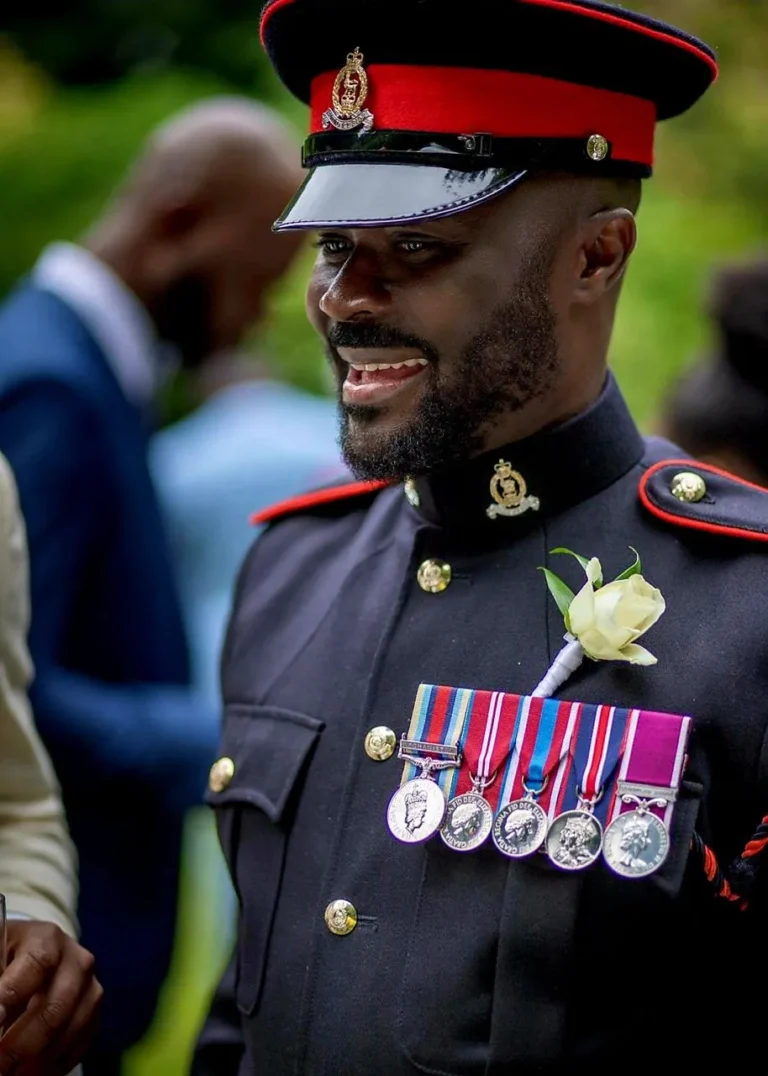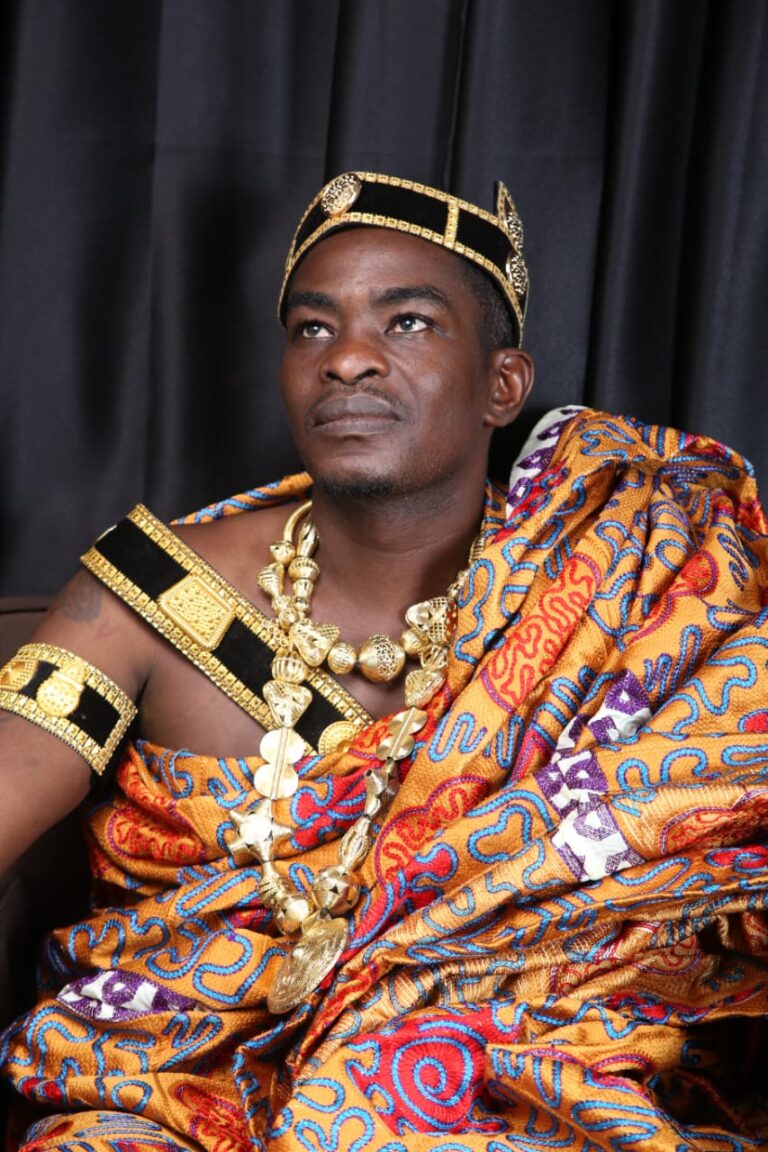
"Students feel afraid." The Columbia crisis worsens as unrest persists and tensions remain high.
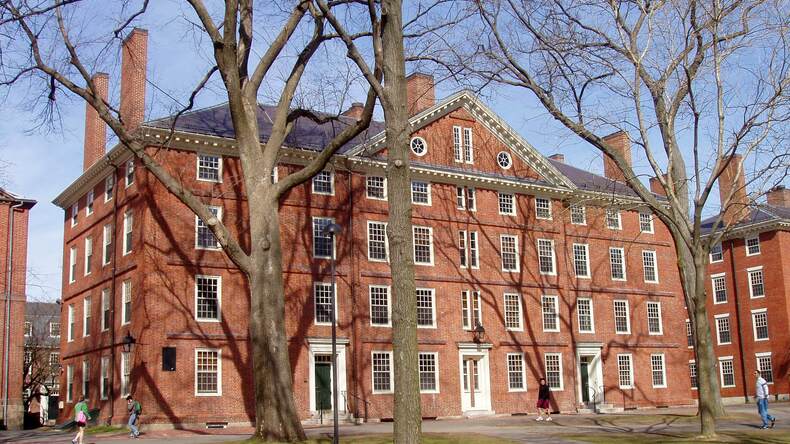
In response to Kraft, Samantha Slater, a spokesman for Columbia, told CNN in a statement that the university is “appreciative of Mr. Kraft for his years of kindness and dedication to Columbia.”
The Columbia representative stated, “We are focused on providing the support they need while keeping our campus safe. This is a time of crisis for many members of our community.”
However, a few Jewish students claim that they do not feel safe at Columbia at this time.
“Over the past few days, the campus has been a complete disaster. Jewish students are really afraid and concerned, senior Columbia University student Jacob Schmeltz told CNN.
Vice President of the Jewish on Campus Student Union, Schmeltz, said he chose not to celebrate Passover on campus, as he has occasionally done in the past, but to remain with relatives in New Jersey.
The statement read, “We feel safer off campus than on campus. Jewish students have had enough.”
There are still protests and counterprotests.
Numerous demonstrators were encamped on the university’s West Lawn on Monday morning, across from the lawn where the initial encampment occurred, while Columbia students transitioned to virtual learning.
There were almost a dozen tents set up, and tables were laden with provisions, including food and clothing. “Welcome to the People’s University of Palestine” and “End the siege on Gaza now” are among the placards hung around the perimeter.
On Monday morning, pro-Israel demonstrators gathered outside the Columbia gates, some of them waving American and Israeli flags.
